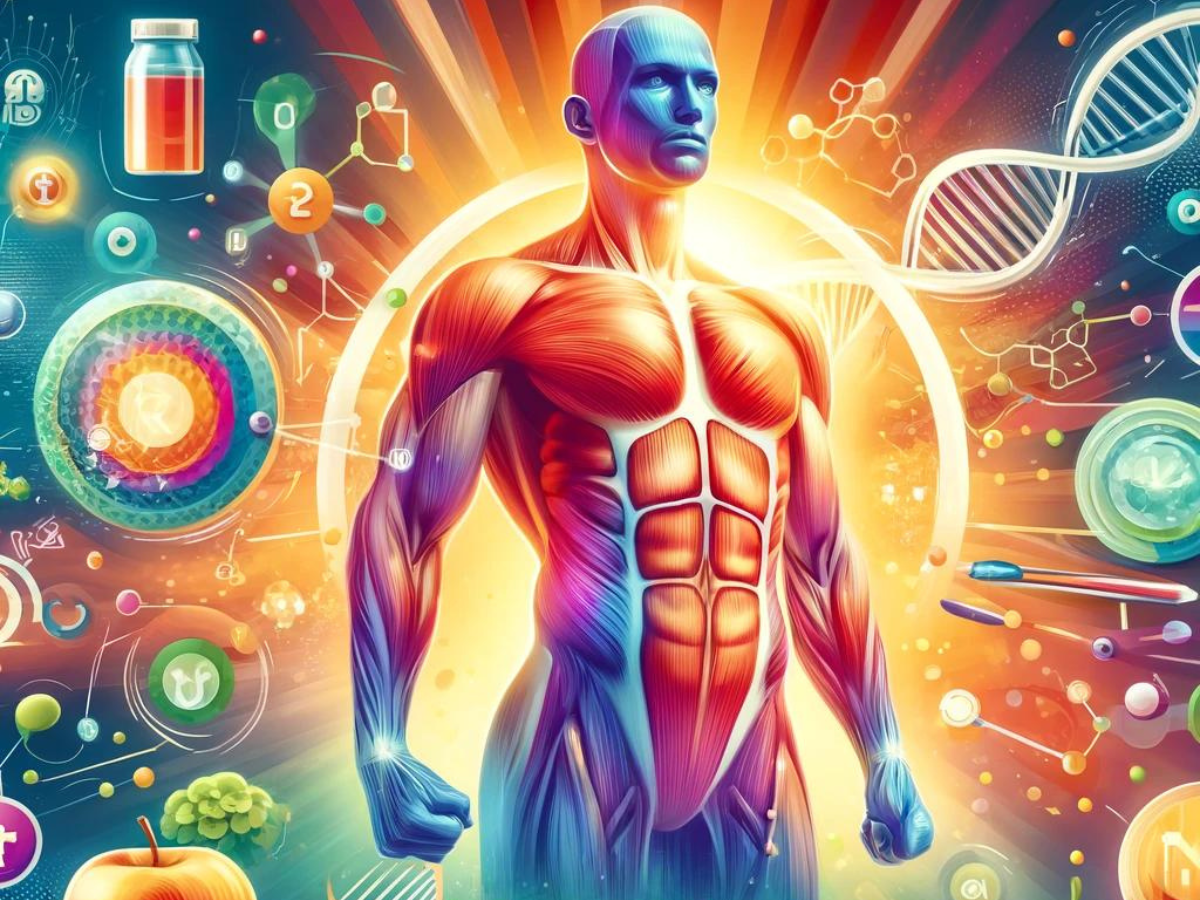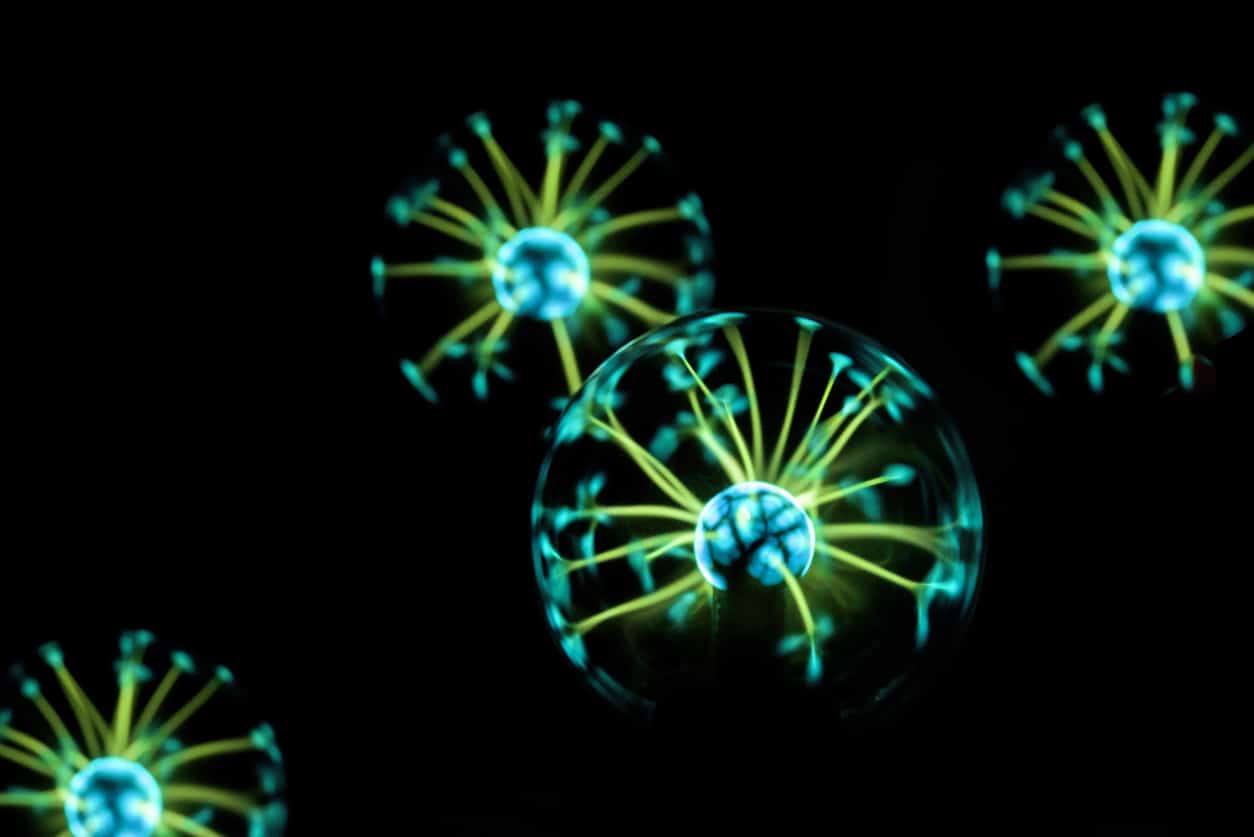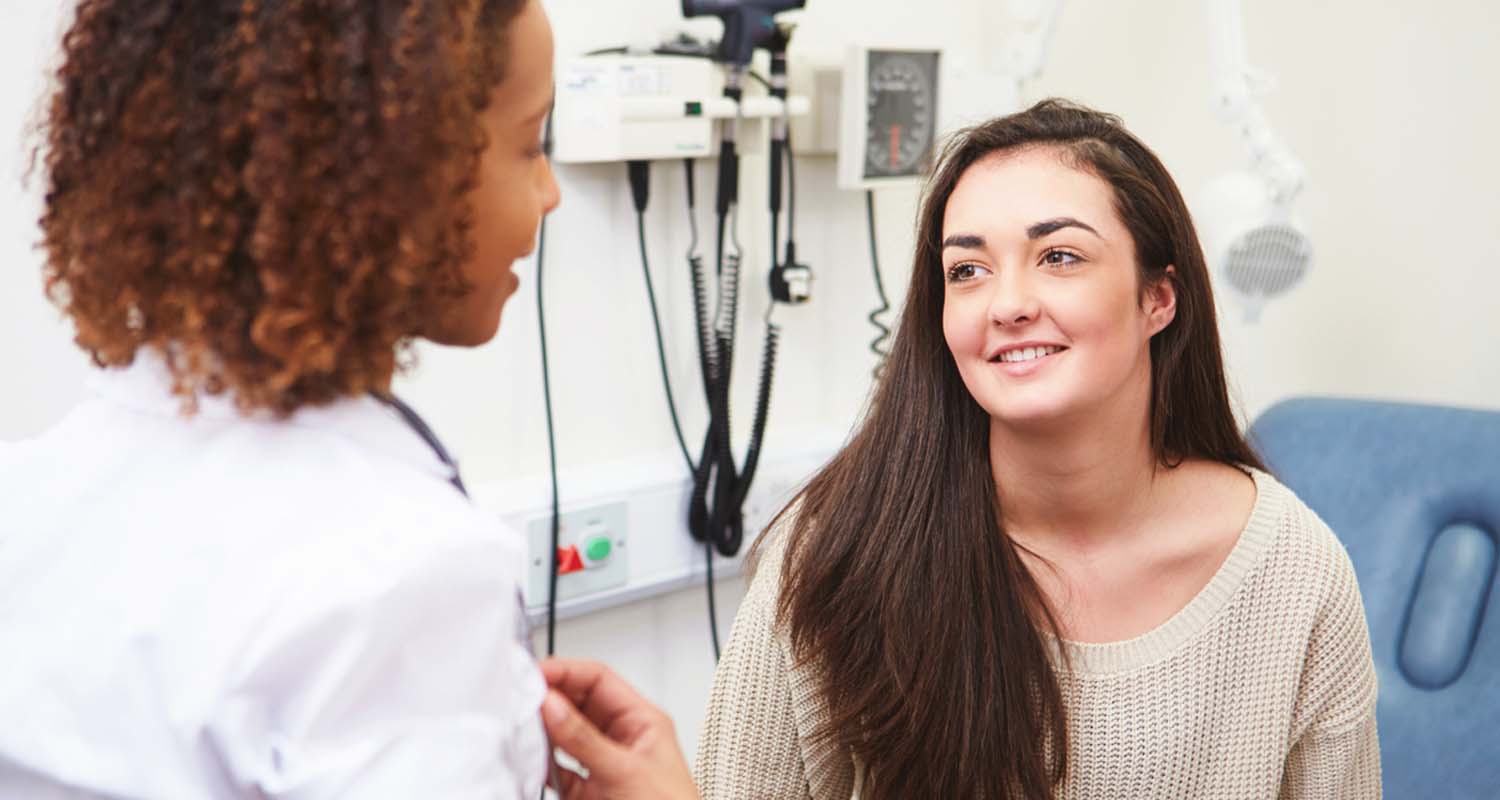
Today we welcome guest author Dr. Jolene Brighten, functional naturopathic medical doctor and nutritional biochemist with a focus on women’s endocrine health. Listen to her interview on Bulletproof Radio here.
So you’ve decided to ditch your hormonal birth control and now you’re breaking out for the first time in your life, your digestion has gone haywire, your mood is tanking, and you’ve got period problems galore.
For many women the only solution they are met with is—get back on the pill, place that patch, get another shot, here’s the ring, or we have an IUD for that. But what is actually going on?
This is known as post-birth control syndrome (PBCS). As defined in Beyond the Pill, it is a constellation of symptoms women experience when they discontinue hormonal birth control that generally lasts about 4-6 months after discontinuing hormonal birth control.
For some women, PBCS symptoms can be the return of the hormonal issues that drove them to take birth control in the first place, but for many, the symptoms are brand new and the result of what years of birth control has done to their body.
Before we dive into specifics, I think it is important to clarify a few things. Firstly, as a physician, I am not anti-birth control. I am pro-informed consent. Secondly, using birth control to manage symptoms or prevent pregnancy is nothing to feel ashamed of. And lastly, as a woman and a first-generation college graduate, I am really grateful that we have access to birth control and would never advocate against access.
Post-Birth Control Syndrome Symptoms
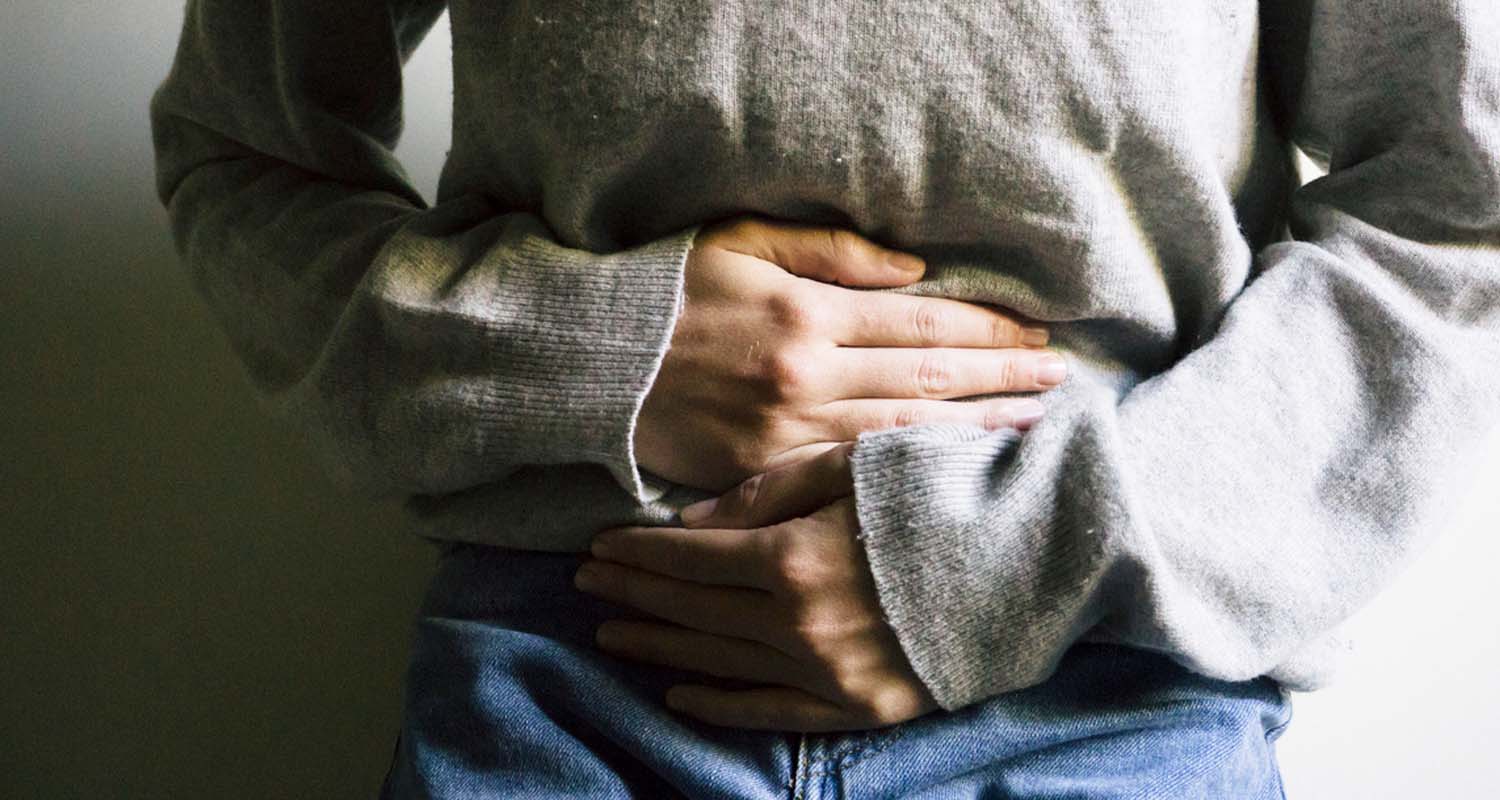
- Amenorrhea (loss of menstruation)
- Heavy, painful periods
- Hypothyroidism
- Acne, cystic acne, rosacea
- Migraines
- Headaches
- Hair loss
- Depression
- Blood sugar dysregulation
- Anxiety
- Gas or bloating
- Changes in bowels
- Leaky gut
- Gut dysbiosis
- Inflammation and other immune imbalances
- Fatigue
- Brain fog
- Adrenal dysfunction
- Lack of sex drive
Women often find it difficult for a doctor to recognize their symptoms are related to them stopping birth control for two main reasons—1. Doctors often believe that these medications only affect the reproductive system because that is what they are designed to do. 2. Symptoms can show up months to even years after discontinuing.
Having experienced PBCS myself, I am intimately familiar with how quickly a woman’s story can be dismissed. As a doctor, I firmly believe that a woman’s experience has value and her story needs to be considered in our diagnostic workup.
How to bounce back from Post Birth Control Syndrome

5 Foundations of the Brighten Protocol™ to Heal Post-Birth Control Syndrome
- Replenish Nutrient Stores
- Identify Your Hormone Imbalance
- Heal Your Gut
- Post-Birth Control Detox
- Metabolic Repair
Replenish Nutrient Stores

On birth control, transitioning off, and reversing PBCS requires eating a whole foods, nutrient dense diet. Aim to include vegetables at every meal. Incorporate high quality fat and protein every time you eat so that you build healthy hormones, optimize blood sugar, and rebuild what was lost on birth control. If you’re using hormonal birth control make sure you are supplementing with a multivitamin or prenatal and adding in CoQ10. This is also a key step that I outlined in Beyond the Pill to help you successfully transition off and avoid PBCS.
Identify Your Hormone Imbalance
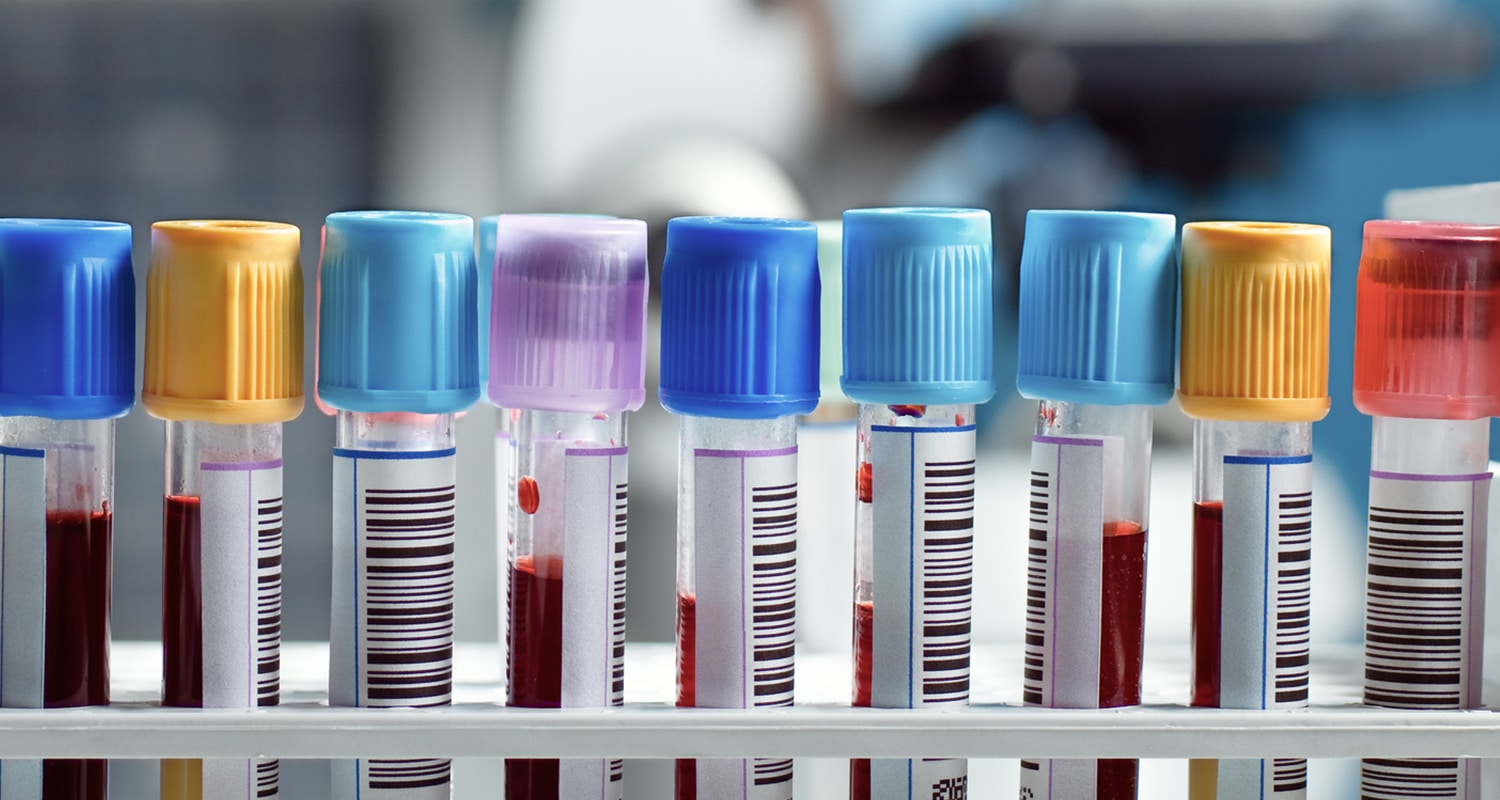
In chapter one of Beyond the Pill, I provide a comprehensive quiz to help you identify your hormone imbalance and what to do about it. Yes, we are talking individualized protocols for what you need.
Heal Your Gut

Eating nutrient dense, fiber packed foods in addition to fermented foods like sauerkraut, kim chi, and water kefir can help support a healthy microbiome. In addition, seed cycling is a technique that can support gut health and help balance hormones.
Be sure to replenish zinc, which can help heal the intestines, by including foods in the diet like oysters, pumpkin seeds, and red meat. Consuming bone broth can also support gut repair.
Post-Birth Control Detox

Your liver is key in optimizing your hormones. In my medical practice, we have women go through a 14-day food and lifestyle based detox protocol to support what their body does best and undo some of the detox inhibiting effects of birth control.
In it we leverage liposomal glutathione, which is the mother of all antioxidants. It’s one of the fastest ways to love up your liver. Aim to take 100 to 200 milligrams daily. If you’re using glutathione on its own, I recommend the liposomal form because it actually binds to cells and facilitates the delivery of nutrients even more effectively.
N-acetylcysteine (NAC) is an amino acid precursor to glutathione and does a whole lot of really great things like improving mood, fertility, and gut function, and may reduce the risk of miscarriage. Aim to take 600 to 900 milligrams twice daily.
Metabolic Repair

The key steps of the Brighten Metabolic Protocol go by the acronym BEAT:
- Banish sugar and refined carbs
- Eat real food with plenty of veggies
- Activity daily
- Timed meals
Eliminating blood sugar sabotaging foods like refined carbohydrates and excess sugar are key in fast-tracking your healing. Moving your body daily is essential in sensitizing your cells to insulin and reducing inflammation.
For more tips and a complete protocol to eliminate Post-Birth Control Syndrome please consider grabbing a copy of Beyond the Pill today!
Resources: BRIGHTEN, JOLENE. BEYOND THE PILL: a 30-Day Plan to Eliminate Period Problems, Boost Libido, Improve Mood, Clear Skin, and Ditch the Pill When You’re Ready. HARPER ONE, 2019.
For more information on women’s health, head over to Dr. Brighten’s website.


